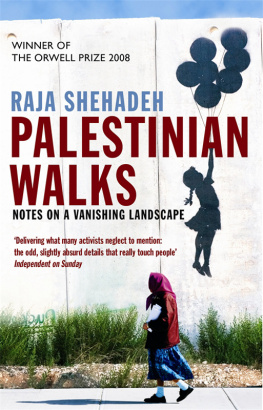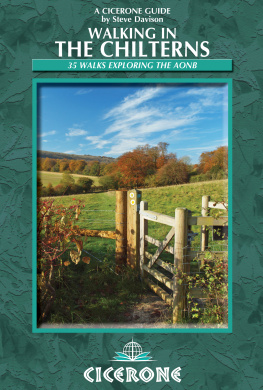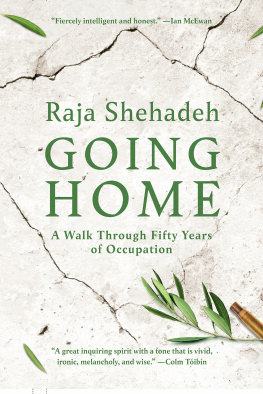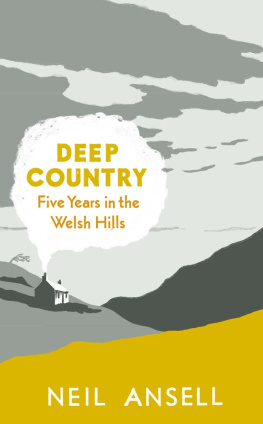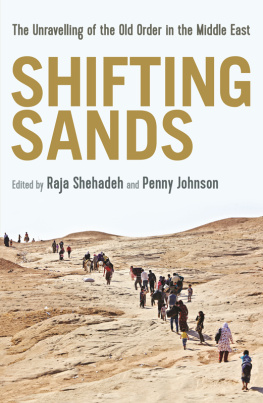'One way of measuring the quality of your freedom is to take a walk. Raja Shehadeh records how brutalizing the loss of a landscape is, both to the losers and the takers: there are no winners. Palestinian Walks is a stoic account of a particular place, but one which has universal resonance. The judges felt it made landscape into the essence of politics, and political writing into an art.' Jean Seaton, chair of the Orwell Prize committee, 2008
'It is impossible to capture the isolation felt by many Palestinians, but Shehadeh does a tremendous job this may well be one of the most compelling things you'll read' Scotland on Sunday
'He distils his pain and anger into eloquent prose, meticulously counting the ways he loves his land, allowing it to sing in evocations of grass, luminous in sunlight, a sea of poppies, low oregano bushes yielding their scene as he brushes past, scarlet cyclamens growing out of crevices, muted pink rock roses Palestinian Walks is no trite exercise in myth-making or propaganda.' Sunday Tribune
'Shehadeh describes how the destruction of a beloved landscape mirrors the damage to Palestinian identity lyrical nature-writing with understated political passion' Guardian
'Intensely political while avoiding the excesses of pure polemic, Shehadeh's account continually grapples with misconceptions and misinformation There's such an eccentricity to his approach, commenting on dinosaur footprints in the rock one moment, challenging Israeli law the next it's a remarkable way of going about things, delivering what many activists neglect to mention: the odd, slightly absurd details that really touch people; things that appear off-camera, away from news reports things that seem real' Independent on Sunday
'Palestinian Walks provides a rare historical insight into the tragic changes taking place in Palestine.' Jimmy Carter
'Towards any proper understanding of history there are many small paths. This constantly surprising book modestly describes walking along certain paths which have touched the lived lives of two millennia. I strongly suggest you walk with him.' John Berger
'This is a beautiful book and a sad one.' Anthony Lewis
'Shehadeh writes beautifully, his language infused with a lyrical, melancholic sense of loss. An important record of a land marked by conflict that is changing every day' Sunday Telegraph
'Shehadeh is a man of real principle, one who clearly believes he does the most good by enduring with dignity in the land of his birth Readers more accustomed to greyish newspaper generalities about the 'situation' would do well to reckon with the painful particulars of Shehadeh's account, which is at once gentle and angry, resolute and realistic.' The Nation
RAJA SHEHADEH is the author of the highly praised memoir Strangers in the House, and the enormously acclaimed When the Bulbul Stopped Singing, which was made into a stage play. He is a Palestinian lawyer and writer who lives in Ramallah. He is a founder of the pioneering, non-partisan human rights organisation Al-Haq, an affiliate of the international Commission of Jurists, and the author of several books about international law, human rights and the Middle East. Palestinian Walks won the Orwell Prize in 2008.
PALESTINIAN
WALKS
Notes on
a Vanishing Landscape
RAJA SHEHADEH

First published in Great Britain in 2007 by
PROFILE BOOKS LTD
3A Exmouth House
Pine Street
London EC1R 0JH
www.profilebooks.com
Revised and updated in 2008
This eBook edition first published in 2009
Copyright Raja Shehadeh, 2007, 2008
Photographs by John Tordai
The moral right of the author has been asserted.
Typeset by MacGuru Ltd
info@macguru.org.uk
This eBook is copyright material and must not be copied, reproduced, transferred, distributed, leased, licensed or publicly performed or used in any way except as specifically permitted in writing by the publishers, as allowed under the terms and conditions under which it was purchased or as strictly permitted by applicable copyright law. Any unauthorised distribution or use of this text may be a direct infringement of the authorsand publishers rights and those responsible may be liable in law accordingly.
A CIP catalogue record for this book is available from the British Library.
eISBN: 978-1-84765-129-7
To my nephew and niece,
Aziz and Tala, with the hope that they will be
able to walk in the hills of Palestine.
CONTENTS
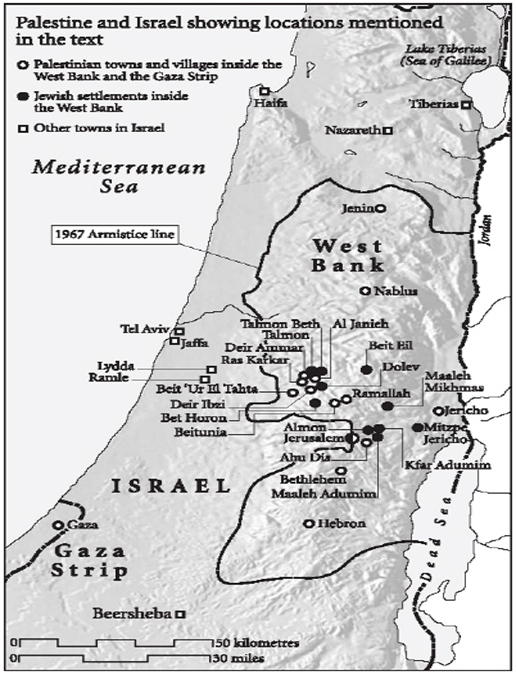
PREFACE TO THE
This new edition of Palestinian walks, Notes on a Vanishing Landscape includes a new seventh walk, sadly marked by a disturbing encounter with two young, masked Palestinians. Another of my walks, accompanied by a television crew re-tracing the first walk in this book, was interrupted by Israeli soldiers who rushed towards us, guns pointed, and proceeded to interrogate us in the open-air. Perhaps we were fortunate to escape unscathed. Firas Kaskas, a father of three young children, taking an afternoon stroll with his brother in the early winter was shot dead by soldiers stationed in the same post.
None the less, the Palestinian spring has brought its carpets of anemones and shy stands of cyclamen to the hills. As always, a group of friends and I walk together every Friday. We see the increasing sprawl of Israeli settlements that threaten the fragile and violated landscape, but still we sit under an olive tree in a quiet valley and look at the play of light and shadow on the terraced hills. I don't know why we continue to hope for a future for these hills; one friend even clings to the long view of geological time. But I know they are there, and we will continue to wander through the hills on our sarha.
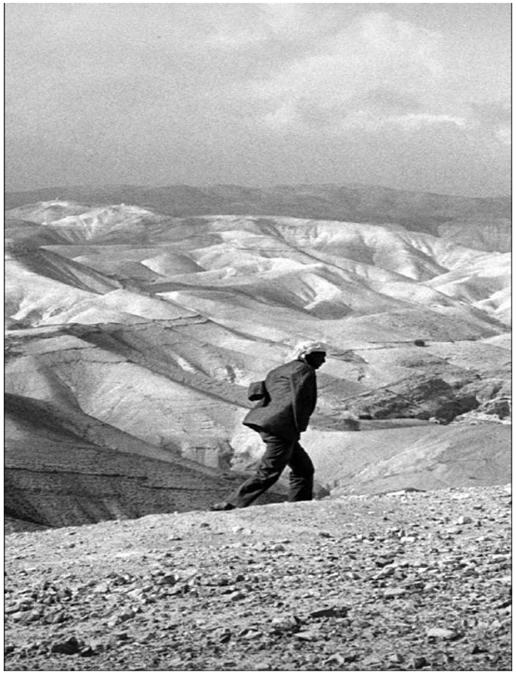
When I began hill walking in Palestine a quarter of a century ago, I was not aware that I was travelling through a vanishing landscape. For centuries the central highland hills of Palestine, which slope on one side towards the sea and on the other towards the desert, had remained relatively unchanged. As I grew up in Ramallah, the land from my city to the northern city of Nablus might, with a small stretch of the imagination, have seemed familiar to a contemporary of Christ. Those hills were, I believe, one of the natural treasures of the world.
All my life I have lived in houses that overlook the Ramallah hills. I have related to them like my own private backyard, whether for walks, picnics or flower-picking expeditions. I have watched their changing colours during the day and over the seasons as well as during an unending sequence of wars. I have always loved hill walking, whether in Palestine, the Swiss Alps or the Highlands and outlying islands of Scotland, where it was a particular joy to ramble without fear of harassment and the distracting awareness of imminent political and physical disasters.
I began taking long walks in Palestine in the late 1970s. This was before many of the irreversible changes that blighted the land began to take place. The hills then were like one large nature reserve with all the unspoiled beauty and freedom unique to such areas. The seven walks described in this book span a period of twenty-seven years. Although each walk takes its own unique course they are also travels through time and space. It is a journey beginning in 1978 and ending in 2007, in which I write about the developments I have witnessed in the region and about the changes to my life and surroundings. I describe walking in the hills around Ramallah, in the wadis in the Jerusalem wilderness and through the gorgeous ravines by the Dead Sea.

